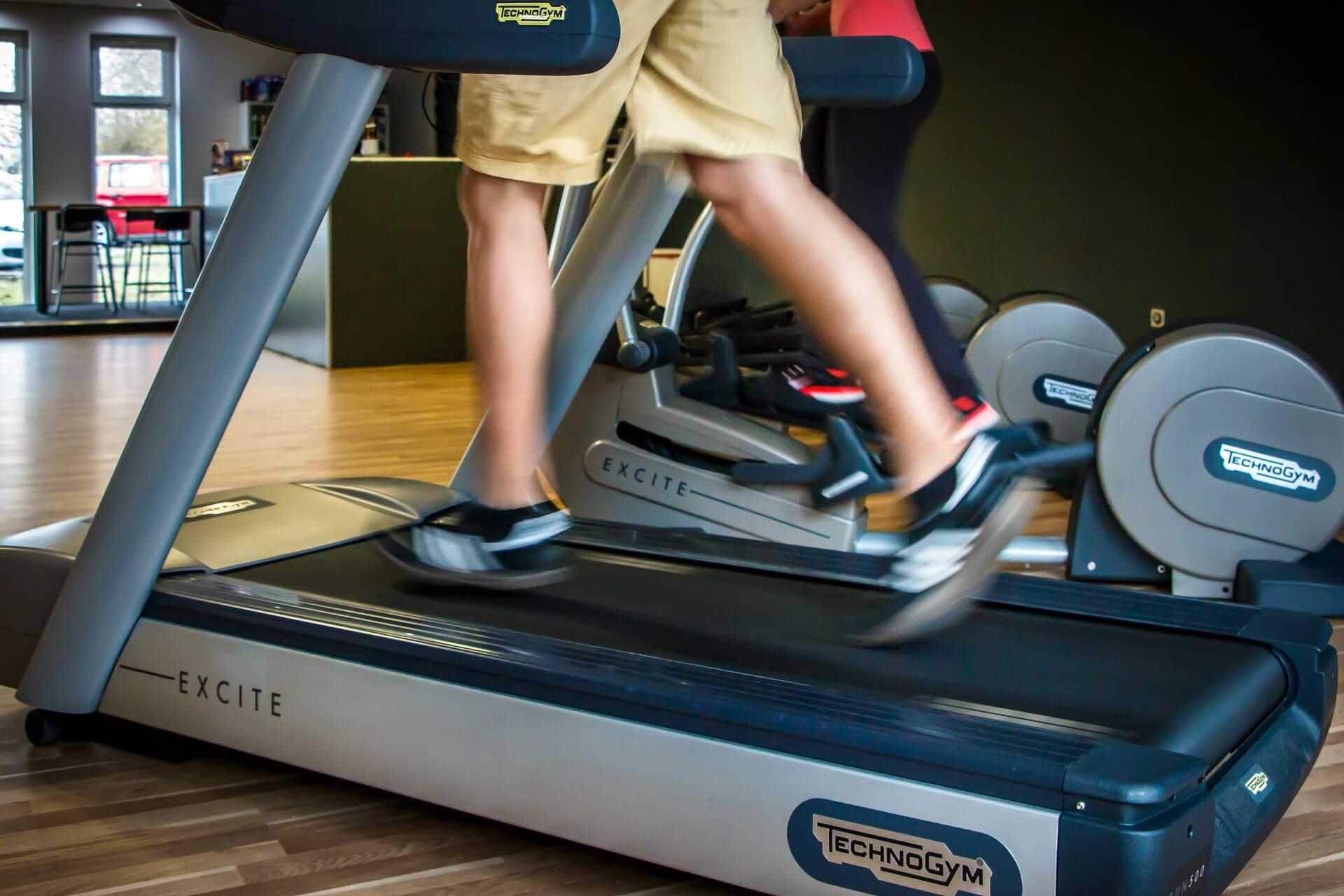Does Running Really Prolong Your Life?

The sport of running has become extremely popular over the years, with over 15 million road race finishers reported in the United States each year. It is one of the most sought out forms of exercise. Running involves almost zero equipment and can be done anywhere, without having to rely on anyone else, as in other team sports. Although the total amount of runners who have crossed a finish line at any distance has slightly declined over the past couple of years, the sport seems to continue to strike the interests of teens, adults, and geriatrics alike. Running has been studied countless times over the years regarding its injury risk, but more recently about its link to longevity and other health benefits.

Most people are informed about the positive impact physical activity has on our health. It reduces the risk for heart disease, type 2 diabetes, stroke, cancer, and high blood pressure. Heart disease is the leading cause of death in not only the United States, but in the world as well. Over 600,000 U.S. deaths in 2015 were caused by heart disease alone, and the numbers are probably not much different today. High blood pressure, obesity, high cholesterol, and diabetes are all risk factors for heart disease that can be treated and prevented with the inclusion of exercise. Studies have shown that there is a 20-35% lower risk of death in physically active individuals compared to the non-active population.
Moderate vs. Vigorous Intensity Exercise
Moderate-intensity exercise is considered any physical activity that requires 3 to 6 metabolic equivalents (METs) of energy expenditure. METs is basically the energy cost ratio of work to rest. Vigorous-intensity exercise requires over 6 METs. The World Health Organization recommends at least 150 minutes per week of moderate intensity exercise or at least 75 minutes of vigorous-intensity exercise. Data shows that only about 50% of Americans achieve this minimum. The most common reason for not getting in the recommended minimum of exercise per week is lack of time. With long work hours and family obligations, it is very plausible that two and a half hours of exercise per week is difficult to meet for some people, but choosing a physical activity under the vigorous-intensity exercise category cuts that time in half! Many exercise options fall under this category such as aerobics, CrossFit, and even jogging.

Lower Risk of Disease
Along with the common benefits of all physical activity such as those mentioned above running has been shown to provide many other positive health outcomes. Running is associated with a 25 to 40% lower risk of all-cause mortality. The wide range in percentages is due to other factors that can affect death risk such as congenital diseases. As far as death from heart disease, runners have a 45-70% lower risk. The risk reduction is due to the lower levels of cholesterol, high blood pressure, and heart rates in runners. The same studies have shown that running may also reduce the risk of mortality in those affected with Alzheimer’s and Parkinson’s disease due to the improved cognitive functions brought on by physical activity. Running may also lower the risk of cancer-related death by 30-50% due to the beneficial impact on body composition and hormones in females.
Healthier Lifestyle
Runners tend to practice a healthier lifestyle compared to non-runners. They are more inclined to maintain a healthy body weight, stay away from smoking, and limit alcohol consumption. All of these behaviors contribute to a longer lifespan since they help lower the risk of disease as well. Although exercisers of any sport tend to adopt these healthy behaviors, studies have shown that without controlling for these factors, runners still have a lower risk of mortality than non-runners. This is the case when evaluating runners who were overweight or smokers. Regardless of age, sex, weight, diet, smoking and alcohol consumption, the benefits of longevity remained consistent.

Running Versus Other Forms of Exercise
Since running has been quite popular over the years, it has been questioned whether the longevity benefits are really just based on running or if all vigorous physical activity have the same outcomes. One study addressed this topic by comparing runners with individuals who met the recommended amount of physical activity. The analysis concluded that runners who did not meet the minimum of 75 minutes per week of other physical activity had a 30% lower risk of mortality than non-active individuals, whereas non-runners who met the minimum amount of other activities only had a 12% lower risk. Therefore running may be a better choice than other vigorous exercise for the health benefits.
How Much Running?
Research has shown that excessive amounts of running may lead to inflammation, fibrosis of heart muscle, and structural changes in the heart, which may increase the risk of cardiac problems. This information is inconclusive as many of the higher-mileage runners involved in these studies have had a family history of cardiovascular disease and other health problems. Given this data, there was only an increase in mortality from heart disease. All other mortality risks remained the same for all levels of running.

Physical activity poses a good amount of health benefits and should be incorporated into our daily lives. The minimum recommended amount of even moderate intensity exercise comes out to 30 minutes, 5 days a week, which is doable if prioritized. Running may be a better option over other activities and will require less time to meet the minimum weekly amount of 75 minutes. As with all exercise, it is beneficial to get medically evaluated before beginning an exercise program for the first time. It is especially important for runners to get assessed for any heart issues before attempting to significantly increase running mileage.
Sources
Latest Articles
 Is Running on a Treadmill Easier Than Running Outside?Runners have their own preferences, whether it is treadmill running, running outside on the road, or exploring trails. So...
Is Running on a Treadmill Easier Than Running Outside?Runners have their own preferences, whether it is treadmill running, running outside on the road, or exploring trails. So... Is It OK to Use Trail Running Shoes on the Road?While trail running shoes can be used on roads, especially in situations where a runner encounters mixed terrains or pref...
Is It OK to Use Trail Running Shoes on the Road?While trail running shoes can be used on roads, especially in situations where a runner encounters mixed terrains or pref... How to Fix Sore Quads After Running?Rest, ice, gentle stretching, and over-the-counter pain relievers can help soothe sore quads after running. Also, ensure ...
How to Fix Sore Quads After Running?Rest, ice, gentle stretching, and over-the-counter pain relievers can help soothe sore quads after running. Also, ensure ... 10 Fruits With The Most Electrolytes to Replace Sports DrinksThese fruits are high in electrolytes such as potassium, magnesium, and calcium, essential for hydration, muscle function...
10 Fruits With The Most Electrolytes to Replace Sports DrinksThese fruits are high in electrolytes such as potassium, magnesium, and calcium, essential for hydration, muscle function...

